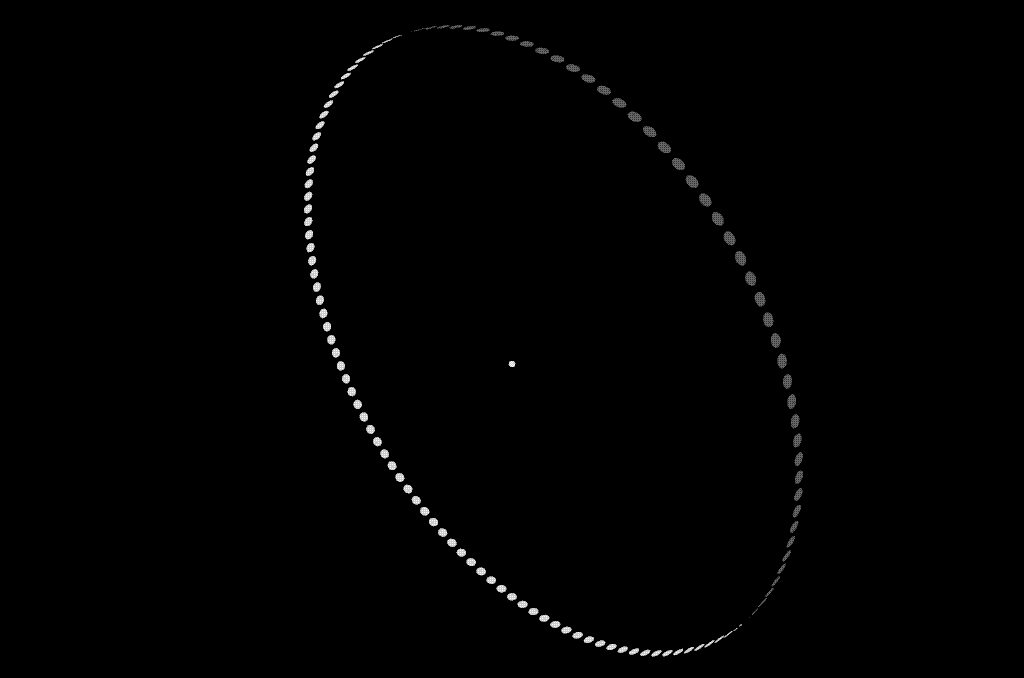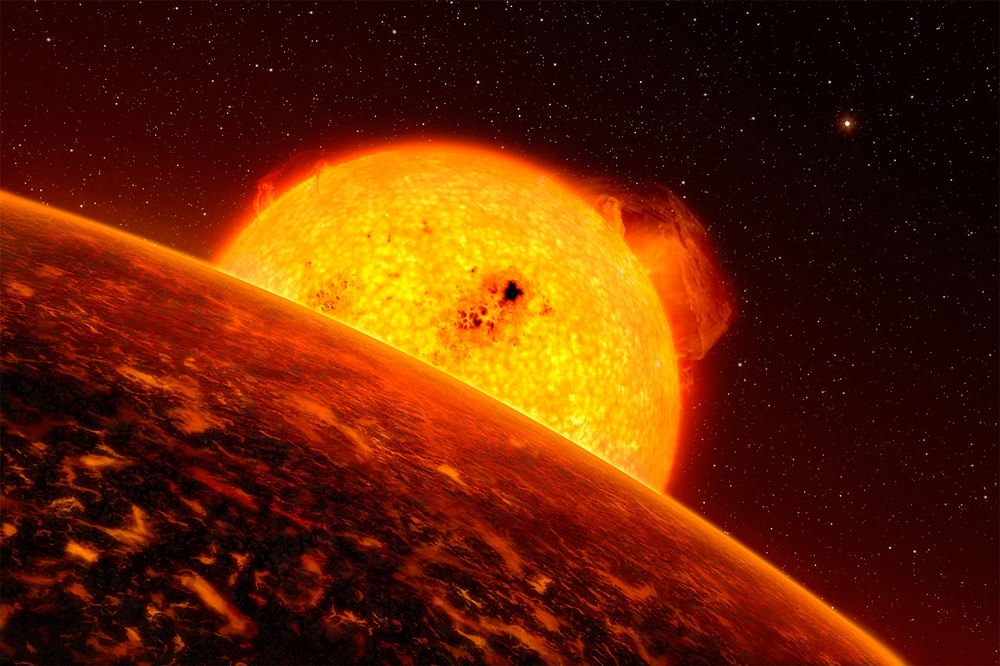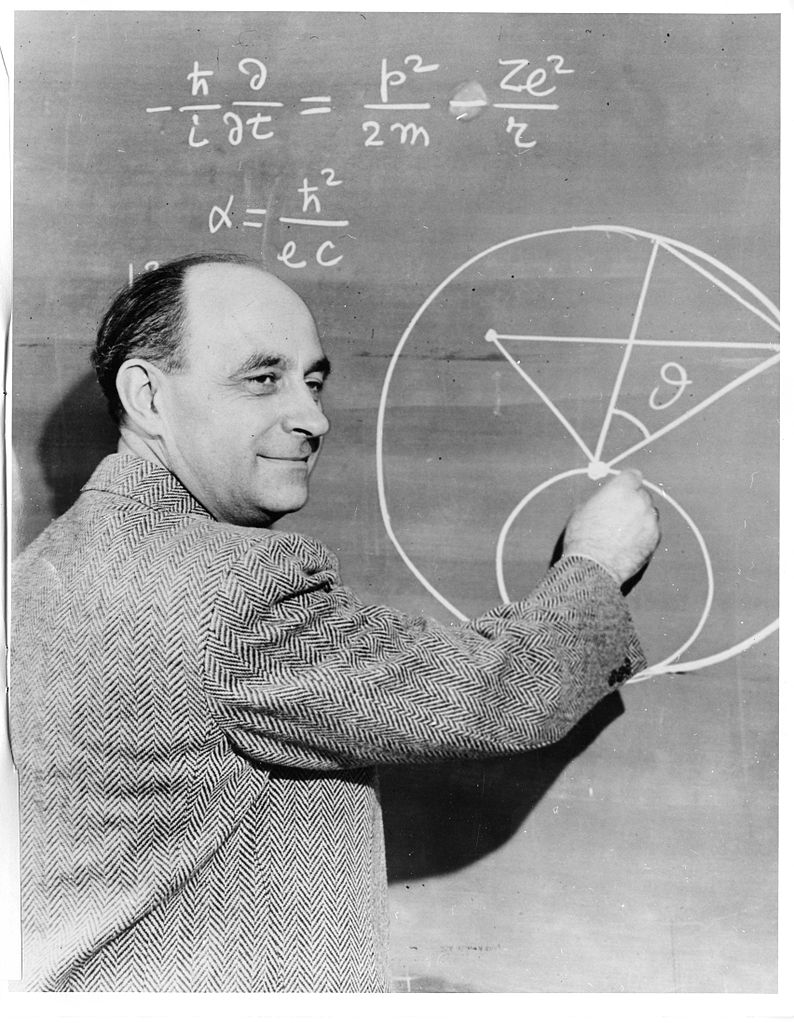Welcome back to our Fermi Paradox series, where we take a look at possible resolutions to Enrico Fermi’s famous question, “Where Is Everybody?” Today, we examine the possibility that the reason we’ve found no evidence of alien civilizations is because there are none out there.
It’s become a legend of the space age. The brilliant physicist Enrico Fermi, during a lunchtime conversation at Los Alamos National Laboratory in 1950, is supposed to have posed a conundrum for proponents of the existence of extraterrestrial civilizations.
If space traveling aliens exist, so the argument goes, they would spread through the galaxy, colonizing every habitable world. They should then have colonized Earth. They should be here, but because they aren’t, they must not exist.
This is the argument that has come to be known as “Fermi’s paradox”. The problem is, as we saw in the first installment, Fermi never made it. As his surviving lunch companions recall (Fermi himself died of cancer just four years later, and never published anything on the topic of extraterrestrial intelligence), he simply raised a question, “Where is everybody?” to which there are many possible answers.
Continue reading “Beyond “Fermi’s Paradox” II: Questioning the Hart-Tipler Conjecture”










